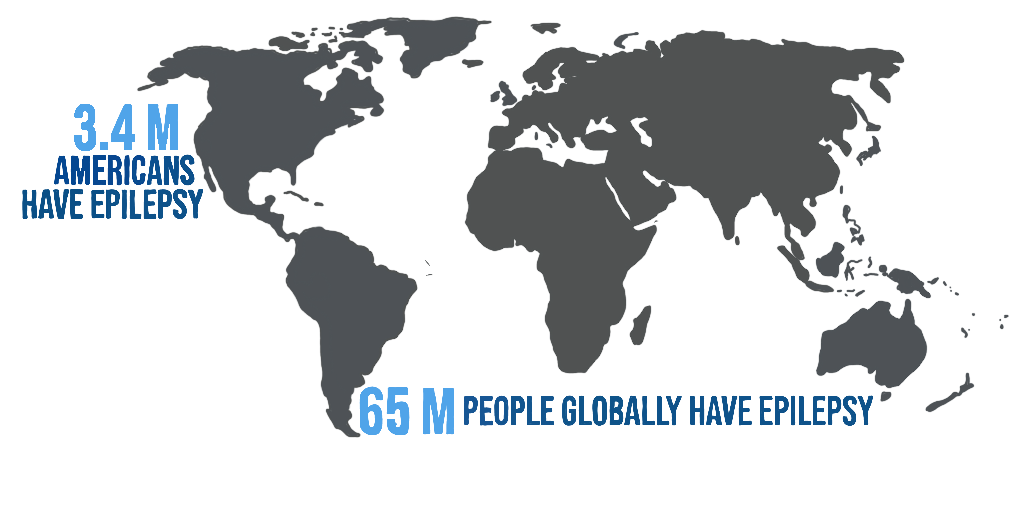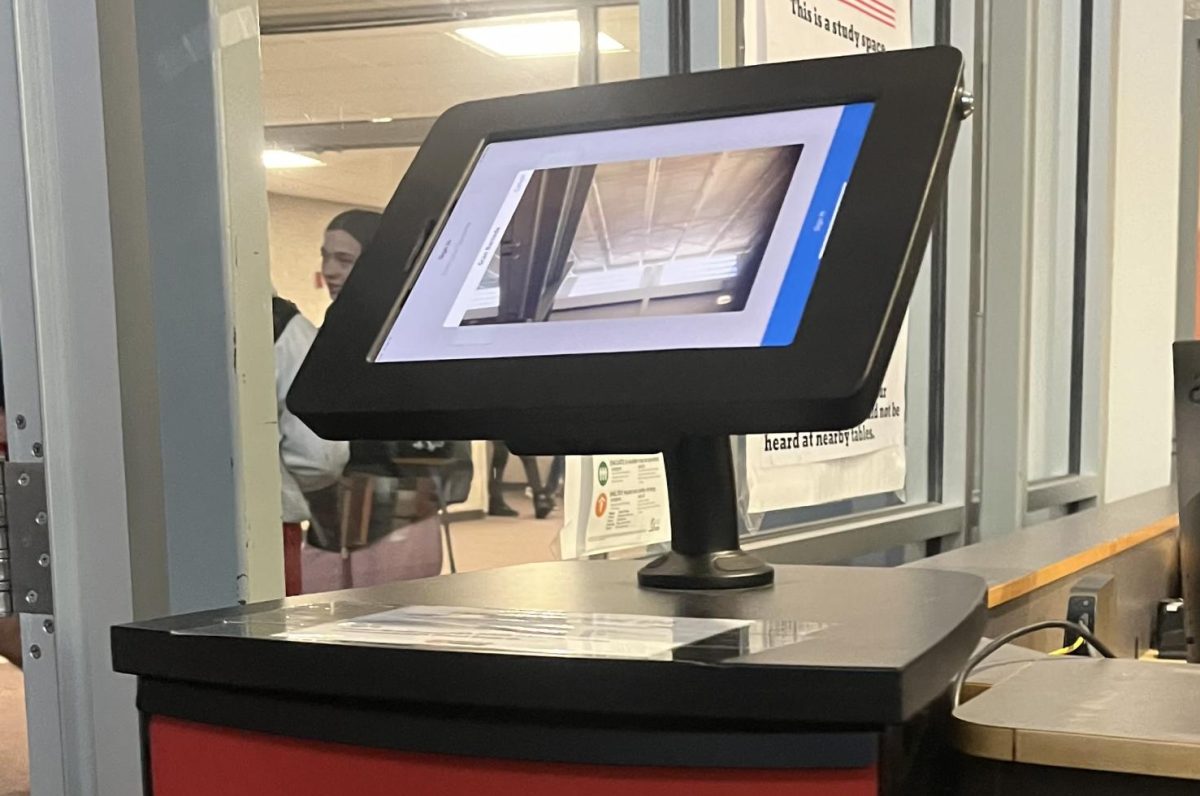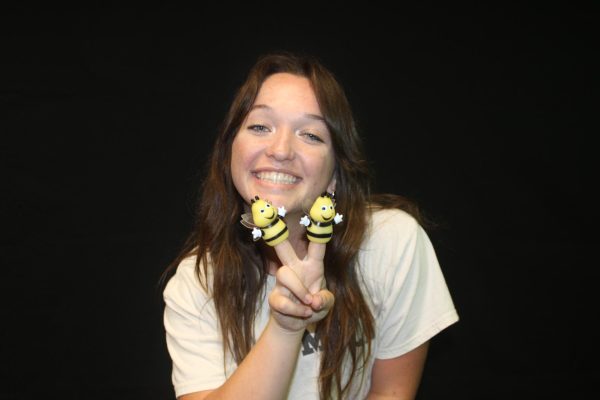There are 3.4 million Americans that suffer from epilepsy making this a more common condition than most people think.. It deserves the same awareness that other conditions are given because it can heavily influence someone’s life, especially a child’s.
Epilepsy is a disorder that causes seizures that present themselves in a variety of ways. Some of these involve convulsing, uncontrolled muscle twitching, staring or fainting.
There are 12 common seizure disorders found in children. More common ones include absent, focal and atonic seizures. These seizures usually present as staring spells with light muscle spasms. According to the University of Nebraska Medical Center, 26,000 people in Nebraska suffer from seizures and 2,800 of them are children.
Due to this many children having epilepsy, this topic should be talked about more. People tend to imagine someone with epilepsy having larger seizures, but most children’s seizures are staring spells. More awareness will allow kids and adults to have more knowledge about those around them.
Being in school with epilepsy is a challenge for a child’s self esteem. Peers tend to make fun of epileptic children because the symptoms are strange to them. This creates a problem of bullying. According to National Institute Of Health 42% of epileptic children have experienced ongoing bullying for their condition. This boils down to those around epileptic children not being educated and aware of the condition.
Children with a seizure disorder tend to struggle in school because a brain that experiences seizures functions and processes information at a slower rate than a healthy brain. Epilepsy also affects the short term memory of a child, especially those that have staring spells. Those staring spells make it hard to retain the information and conversations they’ve had that day.
This is one of the many ways doctors speculate if a child suffers from epilepsy. They ask if teachers have ever noticed strange behavior but many teachers don’t know what to look for when having an epileptic student. This leads to more than half of these children having a learning disability or struggle to learn in a classroom.
The social and mental part of a child’s life does not stay untouched when they have epilepsy. There is a link between children with epilepsy and behavioral or mental issues. The most common of these issues are severe depression, panic disorders and aggression. Children struggle to regulate their emotions because of the unpredictability of their condition. There have been events to support and donate to epilepsy foundations in Omaha. One of the more major events was The Black Stone Stroll that took place earlier this year. That fundraiser donated to epilepsy foundations to further their research.
Although there have been a few events done in Omaha, there could and should be more. Some ways to create awareness are recognizing epilepsy awareness month and making it known in schools. Marches similar to the Black Stone Stroll would help promote awareness. Having a fundraiser through churches, schools or nonprofits would help create money to increase research about childhood epilepsy.
However, spreading awareness isn’t just fundraisers and donations. It needs to be a known illness. Accommodating epileptic children in school by acknowledging their seizures and creating a plan for them especially if they are not seizure free would be a step to proper awareness of the epilepsy needs. These plans would provide extra time on tests, a tutor, or more one-on-one teaching to help them fully grasp topics. They would do this, along with educating their peers about epilepsy and not creating a scary and abnormal idea about epilepsy.
So many people with epilepsy fall short of representation, which leads to it being an invisible disorder. Creating more fundraisers and helping to educate others will lead to a positive response to epilepsy and make those around an epileptic person more understanding and willing to help.










